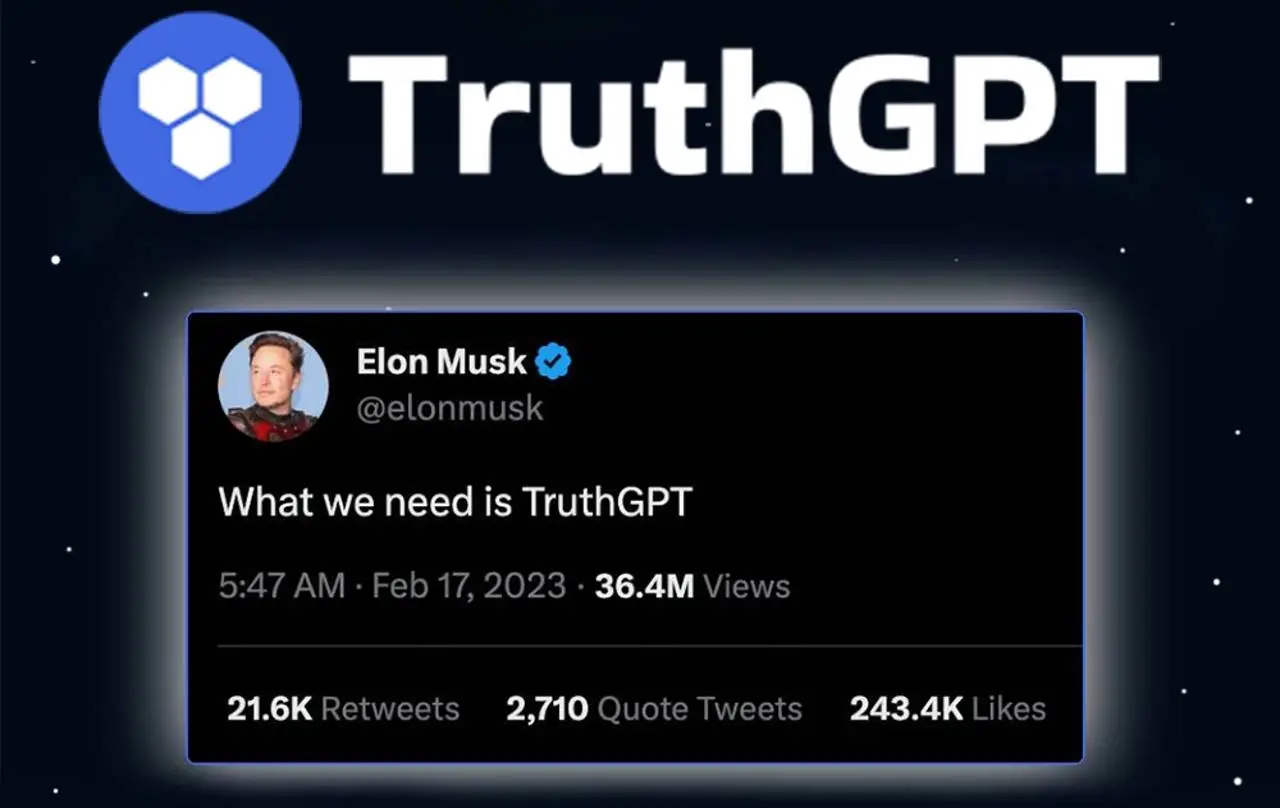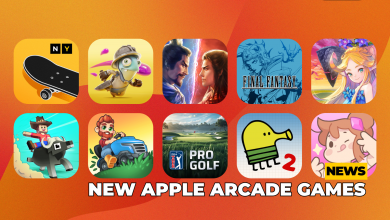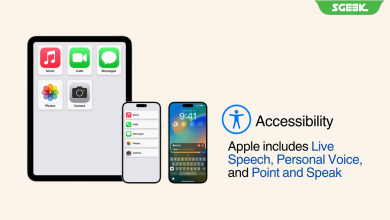
Elon Musk wants to create his own AI company that he calls “TruthGPT” to compete with OpenAI and Google, two of the leading AI players in the world. He said the company would aim to build a “truth-seeking AI” that tries to understand the nature of the universe and does more good than harm.
Musk said his motivation stemmed from concerns about the direction of AI and the threat it could pose to humanity. He criticized OpenAI, which he helped found, for becoming a for-profit company and partnering with Microsoft. He also slammed Google and its subsidiary DeepMind for creating dangerous AI systems and not taking AI safety seriously.
Musk’s AI projects and challenges
Elon Musk acknowledged that he would be starting with a significant disadvantage to his rivals as he’s “starting late.” And, as is often the case, it’s unclear how serious or far along his plans actually are. But speculation about Musk’s AI ambitions has been mounting as he recently filed paperwork for a business called X.AI Corp. He also reportedly bought thousands of GPUs and hired researchers from DeepMind for an unknown Twitter AI project.
Musk compared an AI’s supposed lack of desire to destroy all of humanity to the way humans strive to protect chimpanzees, which is pretty ironic given Neuralink’s treatment of them. He said this might be how an AI would view humans if it was interested in understanding the universe.
Musk’s critique of OpenAI and Google’s AI approaches
Musk framed TruthGPT as a course correction to OpenAI and Google’s AI approaches, which he thinks are too profit-driven or too risky. He implied that OpenAI’s profit incentives could potentially interfere with the ethics of the AI models that it creates and positioned “TruthGPT” as a more transparent option. He also said that Google’s AI systems are too powerful and too secretive and that they could pose a threat to humanity if they go rogue or fall into the wrong hands.
This isn’t the first time that Musk has mused about creating a “TruthGPT.” He tweeted in February that “what we need is TruthGPT,” while also calling attention to the risks of large-scale AI models, like those made by OpenAI and Google. Musk, along with several other AI researchers signed an open letter in March that urges companies to pause “giant AI experiments” that their creators can’t “understand, predict, or reliably control.”
Musk’s new feature for Twitter
While it’s unclear how Musk’s AI plans could affect Twitter, he did tease one upcoming feature for the service. He said Twitter was working on a feature that would allow users to optionally encrypt their direct messages, and that it’s “hopefully coming out later month, but no later than next month.” Encrypted direct messaging has been rumored for years and Musk, a known fan of encrypted messaging apps like Signal, has previously said that Twitter should offer Signal-style encryption.
Musk’s AI plans are still vague and uncertain, but they reflect his longstanding concerns about the potential dangers of AI and his desire to shape its future. Whether he can actually create a “TruthGPT” that is safer and more ethical than other AI models remains to be seen.






